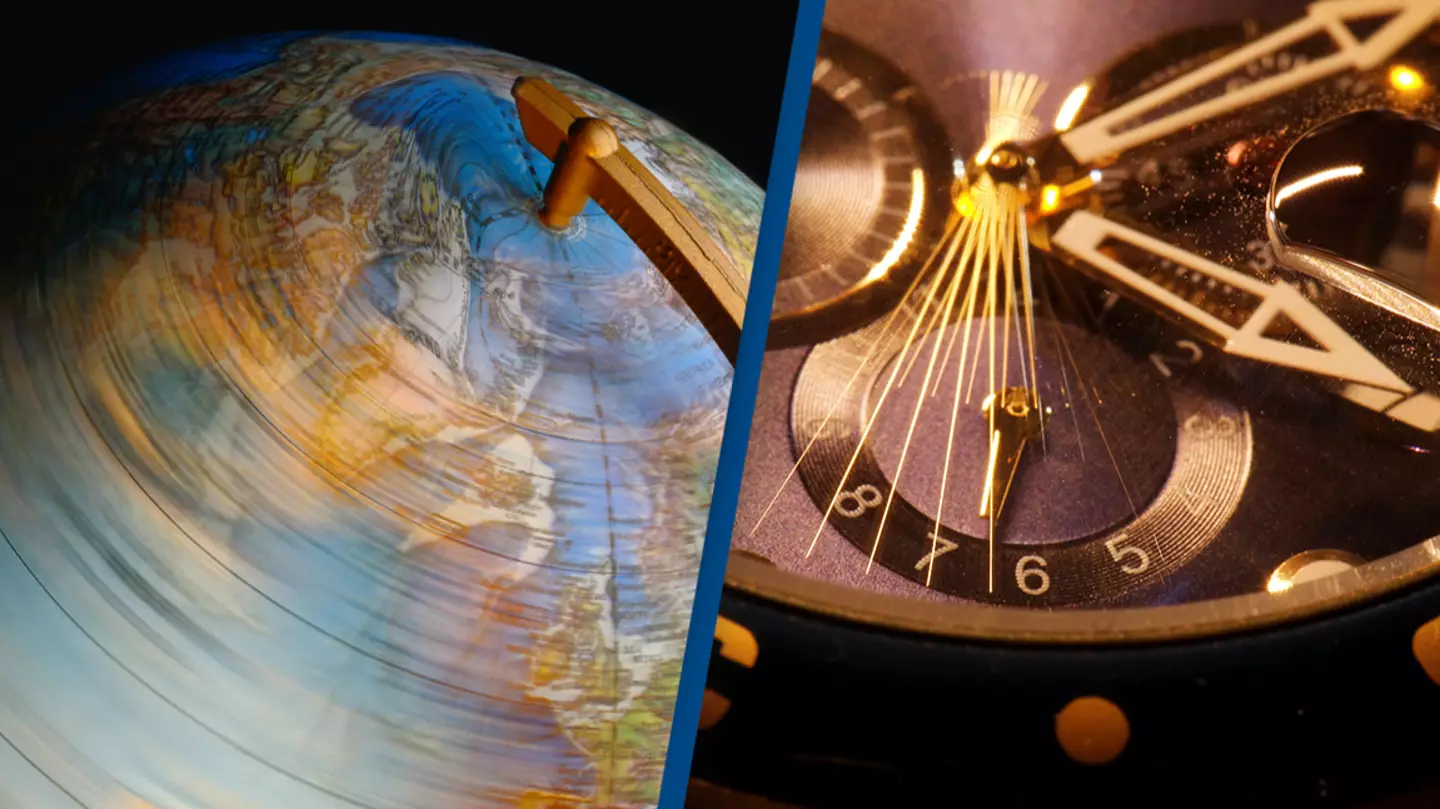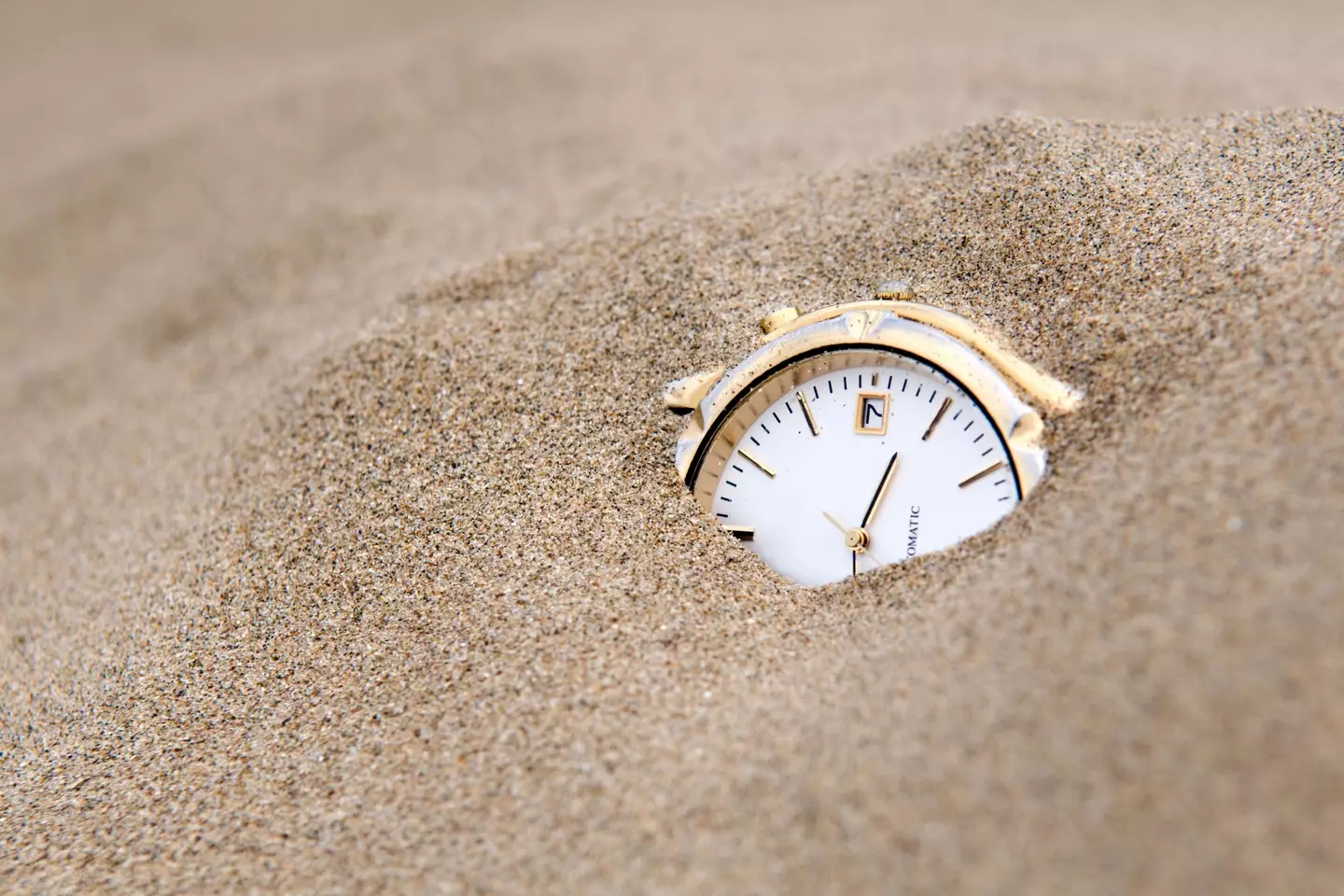
Most of us have heard of leap years, but did you know leap seconds are also a thing?
Back in 1972, scientists added an extra second to the end of an atomic day.
Five years earlier, metrologists had started measuring time with atomic clocks - which monitor the resonant frequency of atoms. The second was fixed at 9,192,631,770 vibrations of an atom of cesium 133 - 86,400 of which make up a day.

Advert
But because Earth’s rotation slows every year, the astronomical second (seconds were traditionally defined in astronomical terms - i.e. how long it took the Earth to rotate) became longer than the atomic one, which is why a ‘leap’ second started being added to the end of an atomic day.
However, because of how erratic Earth’s rotation tends to be, that leap second can be unpredictable.
What’s more, as the New York Times reports, because of today’s ‘highly computerised infrastructure’, precise timekeeping is integral.
Which is why the world’s timekeepers want to ditch the leap second once and for all.
Speaking to the paper, Felicitas Arias, former director of the time department of the International Bureau of Weights and Measures (B.I.P.M) explained: “What was before just a way of measuring the flow of time is today essential for transportation, location, defence, finance, space competition. Time is ruling the world.”
Arias continued: “There is this problem we want to stop, which is this proliferation of pseudo time scales, because they are not time scales in the metrological sense.”
Patrizia Tavella, the current director of BIPM’s time department, added: “From a technical point of view, all the colleagues all over the world agree that we have to do something.”
Echoing the thoughts of Arias and Tavella, Judah Levine, a physicist at the National Institute of Standards and Technology (NIST), told the NYT: “It should have happened 20 years ago, and if not for political manoeuvring, it probably would have happened 20 years ago.”
The paper also reports that scrapping the leap second is widely supported by nations the world over, namely because of the confusion the pesky measurement causes.
As Tavella and her colleagues sought to explore the implications of getting rid of the leap second, they were advised by Rev. Pavel Gabor - an astrophysicist and the vice director of the Vatican Observatory Research Group in Tucson - that the ‘ancient and sacred task of timekeeping has always been laden with compromise’.
Basically, what we’re getting at here, is that it’s not looking good for the poor ol’ leap second. Sorry mate.
Topics: Science